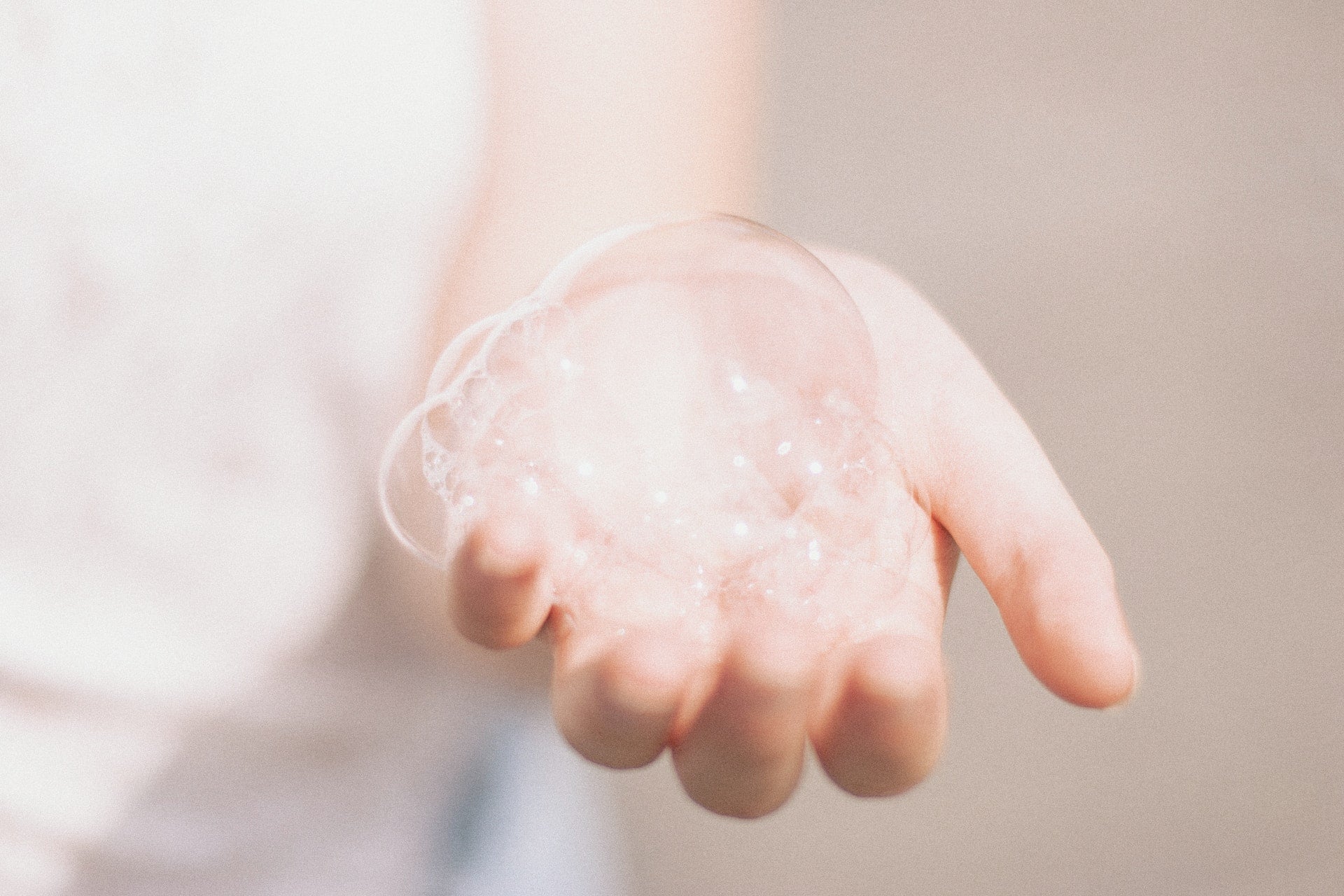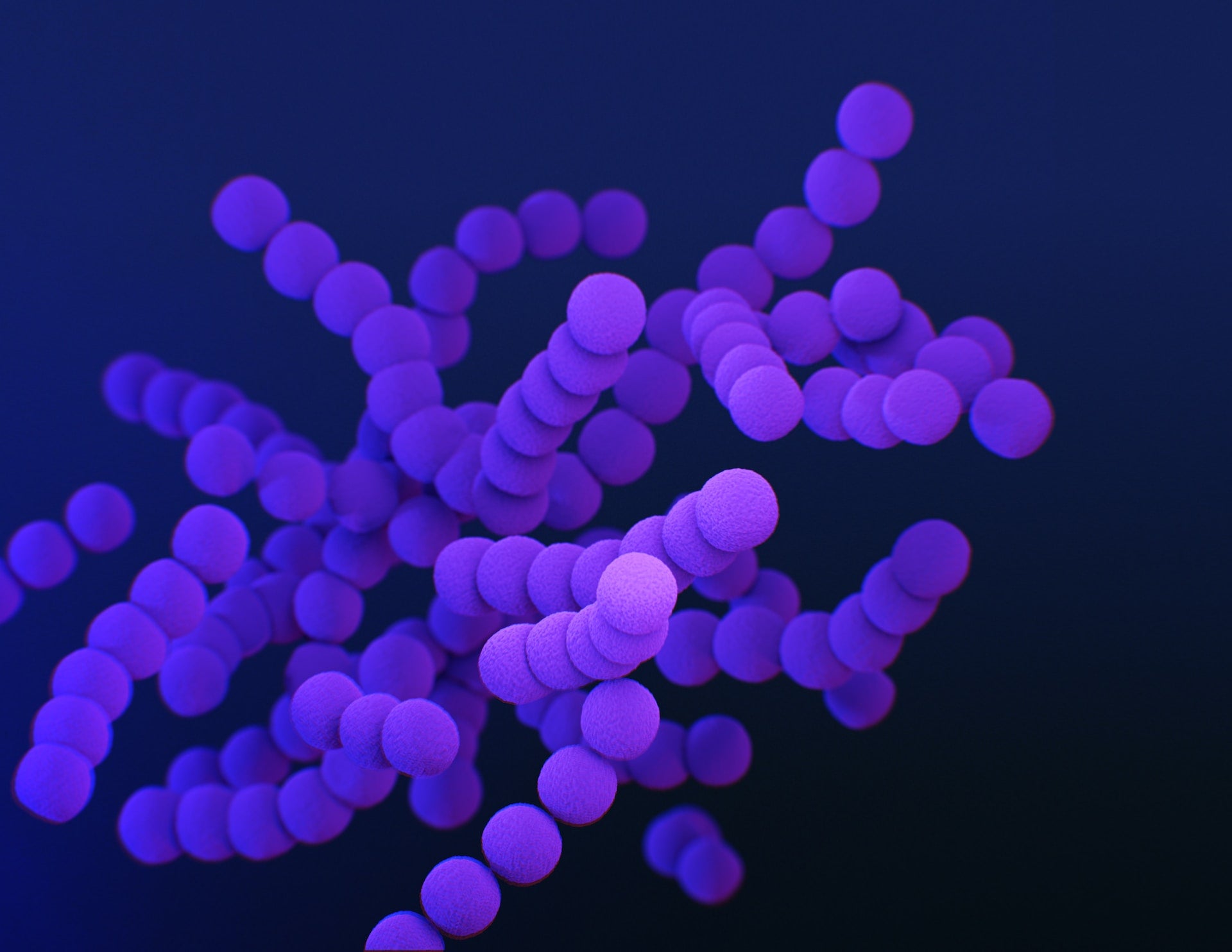Unveiling the Truth About Sulfates in Shampoos: Debunking Myths and Embracing Natural Choices

In the world of hair care, sulfates have become a hot topic of discussion. Some claim they are harmful, while others believe they are essential for effective cleansing. To shed light on this subject, this blog aims to provide an objective look at sulfates in shampoos. We will explore the reasons sulfates are believed to be detrimental to hair, scalp, and body, as well as their intended uses. Additionally, we will delve into the benefits of natural products and why they are often a preferable choice. So, let's dive in!
Understanding Sulfates in Shampoos
Sulfates, such as sodium lauryl sulfate (SLS) and sodium laureth sulfate (SLES), are surfactants commonly found in many personal care products, including shampoos. They are responsible for the lathering and foaming action that we associate with cleansing. The primary purpose of sulfates in shampoos is to remove dirt, oils, and product buildup from the hair and scalp, leaving them feeling clean.
The Downsides of Sulfates
-
Stripping Natural Oils: One of the main concerns associated with sulfates is their potential to strip the hair and scalp of natural oils. Sulfates are effective at removing oil, but excessive use can disrupt the delicate balance, leading to dryness, scalp irritation, and increased hair porosity (1).
-
Hair and Color Damage: Sulfates can also contribute to hair damage, particularly in individuals with already fragile or chemically treated hair. They can strip away the hair's protective cuticle layer, making it more prone to breakage, frizz, and color fading (2).
-
Scalp Sensitivity: Some people may experience scalp irritation, itchiness, or redness when using sulfates. This sensitivity can be exacerbated in individuals with pre-existing conditions like eczema or sensitive skin (3).
The Uses of Sulfates in Shampoos:
-
Effective Cleansing: Sulfates are known for their ability to remove dirt, oils, and product residue, providing a deep cleansing experience. This makes them particularly suitable for individuals with oily hair or those who use styling products regularly.
-
Lathering and Foaming: The lathering and foaming action created by sulfates in shampoos is often associated with a satisfying cleansing experience. This aspect can give a psychological sense of cleanliness, making them popular in many commercial products.
Embracing Natural Choices
Natural and organic shampoos often use alternative cleansing agents derived from plant-based sources, such as coconut or fruit extracts. These gentle cleansers effectively remove dirt and impurities without stripping the hair and scalp of natural oils, promoting healthier hair and a balanced scalp.

Natural shampoos also tend to be formulated with nourishing botanical extracts, essential oils, and vitamins that provide added benefits to the hair and scalp. These ingredients can help hydrate, strengthen, and protect the hair, leading to improved overall hair health.
Then there are environmental considerations. Conventional shampoos containing sulfates also often contain ingredients that are harmful to the environment, such as synthetic fragrances and microplastics. Opting for natural products helps minimize our environmental footprint by using sustainably sourced and biodegradable ingredients.
While sulfates in shampoos serve a purpose in effective cleansing, they can have drawbacks, especially for those with sensitive scalps or chemically treated hair. Natural shampoos offer a gentler and more nourishing alternative, providing effective cleansing without the potential side effects associated with sulfates. By choosing natural hair care products, we can promote healthier hair, a balanced scalp, and contribute to a more sustainable and eco-friendly approach to personal care.
Remember, everyone's hair and scalp are unique, so it's important to find the right products that suit your individual needs. Always read product labels, conduct thorough research, and consult with a professional if you have specific concerns or conditions.
References:
- Gavazzoni Dias MF. Hair cosmetics: an overview. Int J Trichology. 2015;7(1):2-15.
- Chaudhri BP, Sahni A, Jain N, et al. Sulfate surfactants and hair: a systematic review of their potential toxicity. Environ Sci Pollut Res Int. 2019;26(22):22710-22719.
- Rodriguez D, Gaudette ND. Irritant Contact Dermatitis: A Comprehensive Review. J Clin Aesthet Dermatol. 2019;12(6):31-37.




